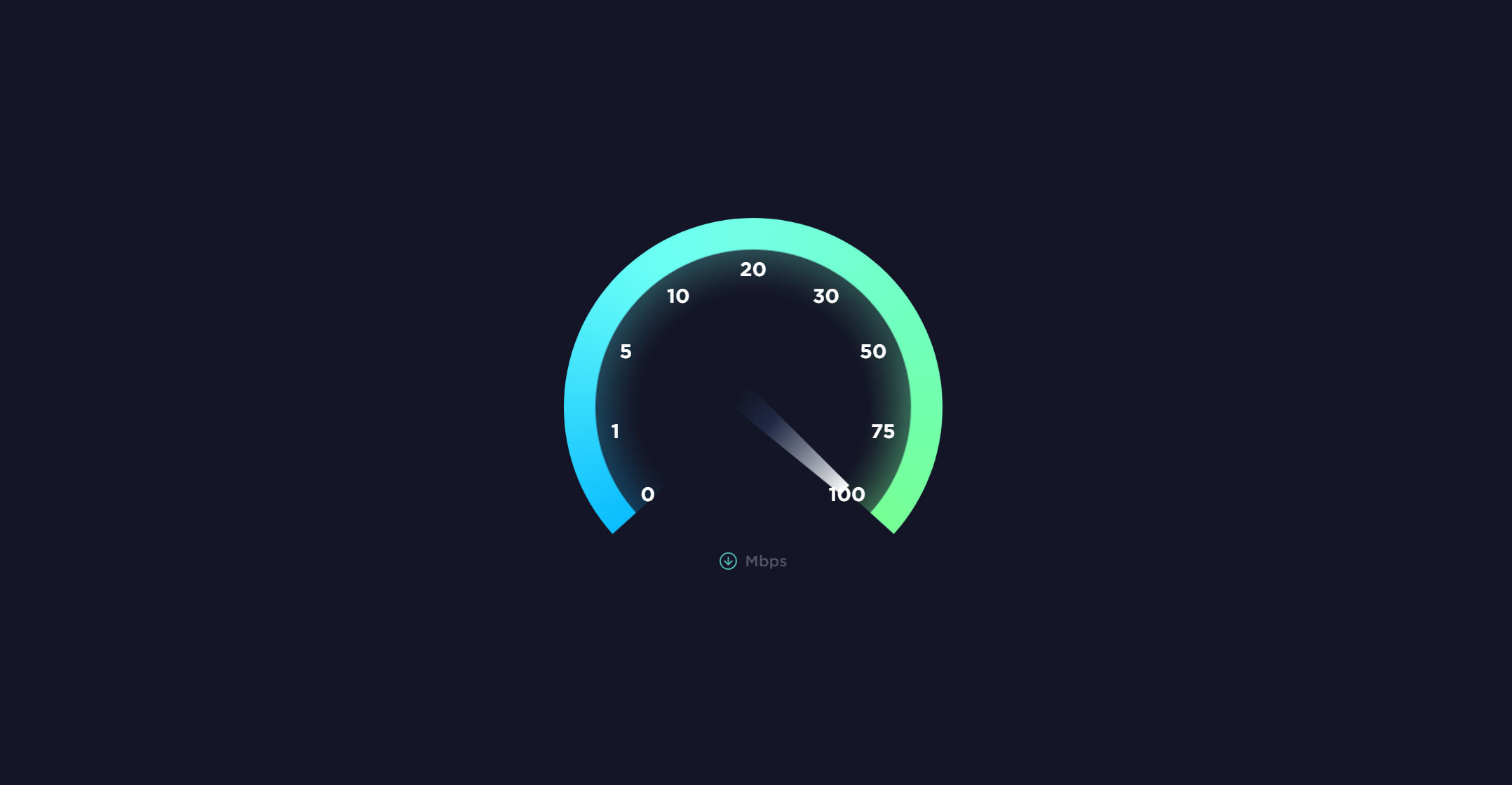
When Ray Kurzweil coined the phrase “the second half of the chessboard”, he likely didn’t foresee it being used to describe the technology quandary we find ourselves in today.
If you’re not familiar with the story, it goes something like this. A king once asked a wise man what he would like in payment for his services. The wise man presented the king with a chessboard, and said he would like one grain of rice that doubles for every one of the 64 squares on the board. Without thinking, the king accepted, not realising that by the time he reached the second half of the board, he’d be paying the man more rice than the kingdom could produce in a year.
Moore’s Law suggested that processing speeds would roughly double every two years, and for the past decade or more, it’s held true. If you think about it, we’re also there or thereabouts in most aspects of technology, including internet speeds. From the early days of dial-up internet, today’s consumers are already getting used to surfing the web at close to 1Gbit/s or more, and there’s no sign that we’re going to slow down anytime soon.
As such, every new square in our proverbial chessboard represents a quantum leap forward, as it was from 4G, to 5G and then 6G. But here’s the thing: we don’t need faster internet.
Now that we’re in the second half of the chessboard, technology advances are getting to a point where they’re outgrowing their own usefulness. Take TV resolution, for example. We’ve watched the steady progression from the first HDTVs, yielding massive improvements from standard definition, to 720P, true high definition, and then 4K. Now we’re seeing a proliferation of 8K TVs, and even 16K TVs have been prototyped.
Already with 8K, we’ve starting to reach the limits of what’s useful to us as humans. Our evolution has got us to the point where there’s not much benefit to the extra resolution because our eyes can’t perceive the differences between 8K and previous-generation 4K screens. Similarly, we now have super wideband audio systems that far exceed the top and bottom ranges of human hearing.
Quantum leap
Switching to internet speeds, 5G was touted as a quantum leap, and while technically it is, it’s the equivalent of our 8K screens. The hype has mostly been driven by manufacturers needing to keep pushing the envelope to have something “new and better” to sell, rather than addressing any real end-user needs. In fact, I’m not aware of any overwhelming 5G success stories anywhere in the world, let alone here at home, where the digital divide is wider than ever.
As if that’s not enough, we haven’t even started hitting our stride when it comes to 5G adoption and some vendors are already talking up the coming 6G evolution, which South Africa is quite simply not ready for.
What are we possibly going do with 6G? There’s a limit to how fast we move and process information. We can’t watch movies at three times the speed. 6G proponents will have you believe the next-gen technology will enable interpersonal human communication, using internal implants like Neuralink to transmit information faster than what our senses can handle.
However, 6G uses extremely high millimetre-wave transmission, which doesn’t penetrate beyond free airspace, not even through human skin, which makes it useless for what the technology is touted to enable (unless we all start wearing external antennas).
Sound familiar? After all, 5G was touted as the catalyst for 4IR (the fourth Industrial Revolution), but it hasn’t exactly set the world on fire.
 Mobile networks operators are having a “G-race”, but this is nothing new. Since the pioneering Wright brothers first flight, the aviation industry has yearned for speed, from propellers to jets, and peaking with the revolutionary Concorde hitting supersonic speeds in 1969.
Mobile networks operators are having a “G-race”, but this is nothing new. Since the pioneering Wright brothers first flight, the aviation industry has yearned for speed, from propellers to jets, and peaking with the revolutionary Concorde hitting supersonic speeds in 1969.
Ever since Concorde was decommissioned in 2003, and despite 30 years of massive advances in aviation technology, nobody has launched another commercial supersonic aircraft. Why? Because we simply don’t need to go that fast and the cost of doing so is too high.
The moral of the story is this: we don’t need to rush headlong into the second half of the chessboard when we haven’t even started to saturate society with the technology we already have. We don’t need 6G – or even 5G; what we need is every person connected to 4G internet, to have affordable access to a smartphone, and to shrink the digital divide.
- The author, Paul Colmer, is executive committee member at the Wireless Access Providers’ Association

